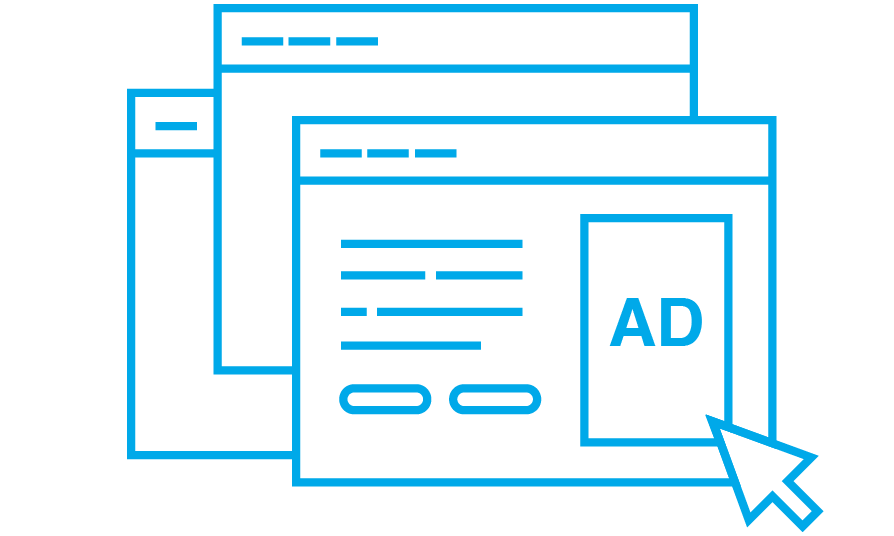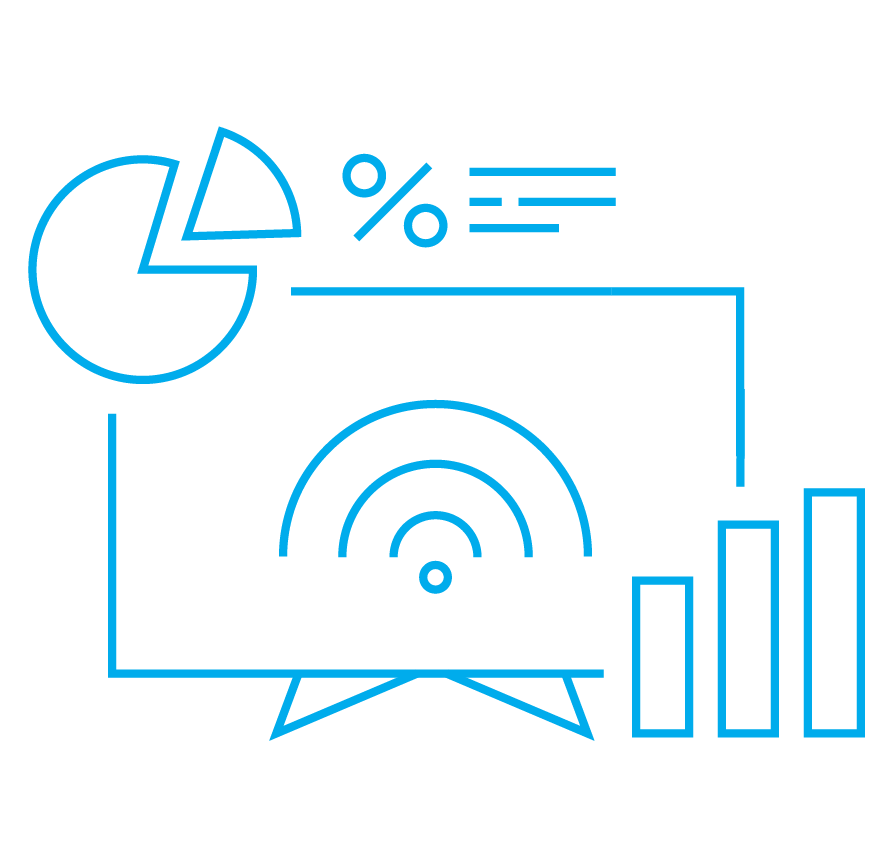- What is Mobile Data Stream?
- How to read Mobile App Data Stream?
- What is the difference between Mobile and Desktop Data Streams?
- What Mobile App Data Stream is else for?
- Mobile App Data Stream is compliant with GDPR and CCPA
- Conclusion
Overview:
- What is Mobile Data Stream?
- How to read Mobile App Data Stream?
- What is the difference between Mobile and Desktop Data Streams?
- What Mobile App Data Stream is else for?
- Mobile App Data Stream is compliant with GDPR and CCPA
Mobile advertising spending worldwide reached $190 bn last year and it’s expecting to hit $280 bn by 2022, Statista reports. Obviously, mobile advertising overtakes the latest market tendencies and becomes one of the strongest trends this year. It comes to increasing demand for mobile data that would be fuel for a mobile advertising campaign. Where to get this data from? Marketers can use ready-made mobile segments available through DSPs. Another option is to use Mobile App Data Stream that delivers raw mobile data which allows marketers to model data by themselves and draw the respective data conclusions.
Smartinsights deliver statistics that say: 90% of consumer’s mobile time is spent in apps, and 10% in mobile web. It’s a good point to invest the biggest part of your ad budget into in-app ads to help users spend their mobile time usefully, as personalized ads simplify online search and speed up the shopping process. For marketers, it’s a good way to build brand awareness, find new customers and increase sales.
What is Mobile Data Stream?
Generally speaking, Data Stream is a piece of raw data that technically describes the target audience and delivers their attributes to you via selected channel. Mobile App Data Stream focuses on mobile audience only, so its data is based on mobile application, used by the user. Thanks to that application our algorithms identify which segment the user belongs to. Mobile App Data Stream delivers raw mobile data that is collected via partnerships with media buyers, media sellers, mobile applications, ad networks, affiliate networks, and technology providers into OnAudience.com DMP. Then collected data is getting processed and verified before its distribution.
How to read Mobile App Data Stream?
Technically, the division of Mobile Data Stream records is based on chosen segments with your target audience attributes. Any internet user that meets your segmentation rules, OnAudience DMP marks as your target user so stores his data. You can make your custom request for Mobile App Data Stream and ask for the records to be adjusted according to your needs. The values are separated by the comma and represent information from the user’s mobile application.
This data can be potentially helpful for enriching user profiles within your CRM system and optimizing targeting campaign by improving its personalization and compatibility. As dataset comes from database with 27 bn records, with Mobile App Data Stream you can build your own Big Data tools, taxonomies and conversion paths, create custom segmentation rules that would suit your business, marketing or operational goal.
What is the difference between Mobile and Desktop Data Streams?
Mobile Data Stream is application-based, while Desktop Data Stream is browser-based. This difference has a big potential in terms of data transparency. Mobile Data Stream doesn’t need cookie matching process for identification purposes, as the desktop one does need it. Desktop data collecting needs to have an integrated channel for the user’s cookie file, which is a tremendous subject now since modern browsers are turning this option off because of data privacy issues.
So, mobile data gathering is much safe, as its process is based on Mobile Advertising ID matching, which makes data operations more private. Additionally, MAID has a longer lifetime comparing with cookies, which means it’s a more reliable material for targeting purposes.
What Mobile App Data Stream is else for?
The most important mobile marketing benefit is targeting campaign personalization thanks to enriched user profiles. Also, Mobile Data Stream can be helpful in more cases:
- You can build a powerful campaign with a big scope of advertising reach thanks to high quality geolocation data.
- You can integrate with your in-app partner and receive a mobile dataset about their users, with their consent being received. This way you can increase your customer network and find new clients.
- Fraud detection – raw mobile data can be used as source data for an anti-fraud algorithm. For example, analysis of the actions timestamps or the number of their occurrences can deliver results that would detect fraud or other so-called Non-Human Traffic.
Mobile App Data Stream is compliant with GDPR and CCPA
We pay close attention to the types of data we gather from our partners and verify if they obey data privacy regulations to be sure that data we provide is GDPR- and CCPA-safe. The received raw data from our partners is also de-identified and cannot be used to identify a single person, which means it doesn’t constitute personal data, thus complies fully with GDPR and CCPA requirements.
Conclusion
As mobile advertising is getting popular, mobile users expect from modern technologies more automation and personalization. In the US market almost two-thirds of programmatic spendings go to mobile, as actually programmatic advertising model meets the users’ requirements perfectly. Advertisers direct their ad budgets into mobile display channel also because it brings more transparency into data operations and increases the scope of advertising reach.



